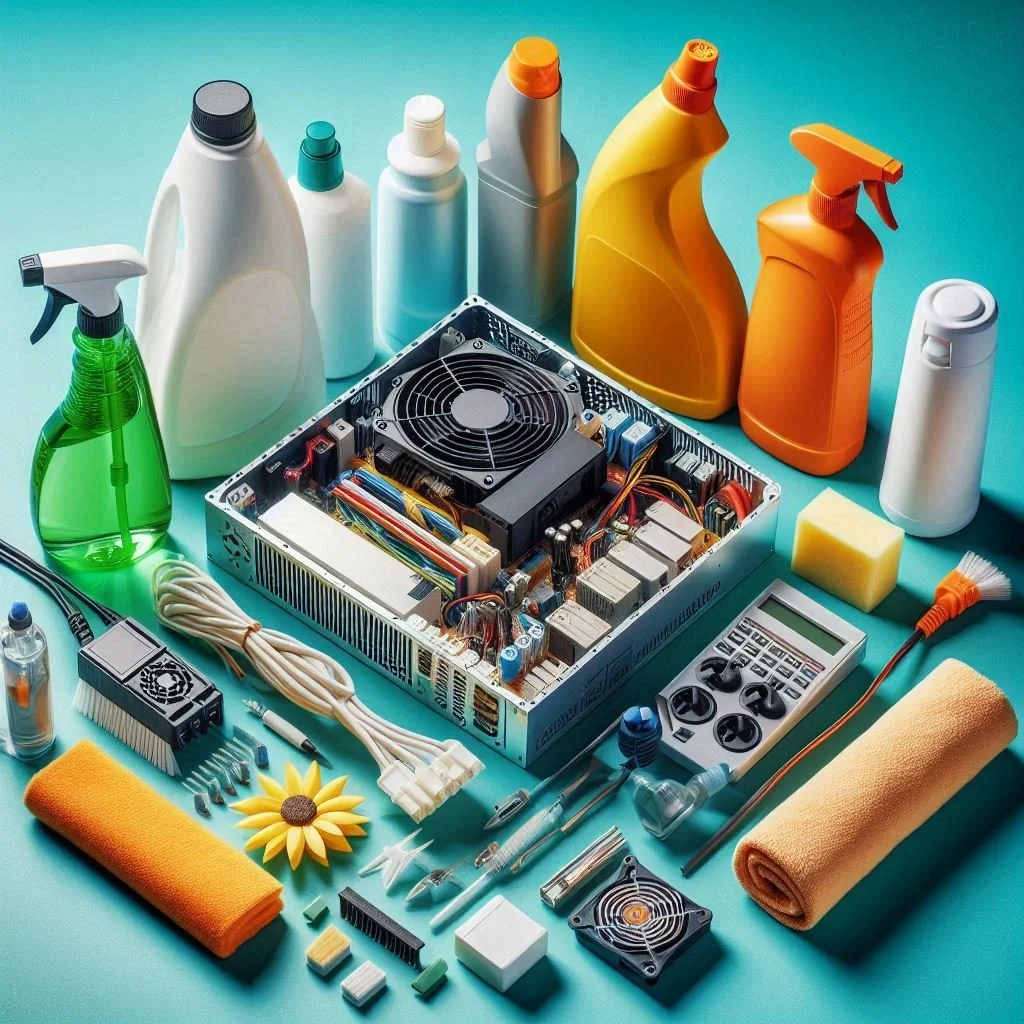Maintenance Task: How to Properly Clean Your Power Supply Unit
The power supply unit (PSU) is a vital component of any computer. It's responsible for converting electrical energy into usable power for various hardware components. However, like all computer hardware, it can also accumulate dust over time, which can lead to overheating, decreased efficiency, and performance degradation. A properly cleaned power supply unit (PSU) not only ensures reliable performance but also extends its lifespan.
The Preparation and Safety Precautions
Before cleaning a power supply unit (PSU), take the necessary safety precautions to ensure your safety. The first step you take is to power down the computer and unplug the power supply unit (PSU) from the electrical outlet. It's essential to discharge any residual electricity by holding down the power button for at least ten seconds. Since you’re handling an electrical component, I advise working on a non-conductive surface, preferably a rubber mat. This helps prevent static discharge during the cleaning process.
Very Effective Cleaning Techniques
Once the PSU is safely removed from the computer case, compressed air is an ideal tool for removing dust buildup. It’s worth noting that you should refrain from using compressed air that comes in a can. The potential for moisture and cold shock can damage components or cause solder joints to fail. Instead, use an electric duster. Preferably a Fresmol Air duster, 3 3-gear adjustable electric duster. When using the duster, avoid using excessive air, and keep the fan blades still to prevent damage. A soft-bristled brush can help remove dust from hard-to-reach crevices, while a lint-free cloth (such as microfiber) with a small amount of isopropyl alcohol can be used to clean the PSU's exterior. Liquids should never be sprayed directly into the unit, as this can cause electrical damage.
The Reinstallation and Testing
After cleaning, the PSU must be securely reattached to the case, ensure all cables are correctly connected, and airflow must remain unobstructed to prevent overheating. Once reassembled, powering on the computer and monitoring system temperatures will confirm that the PSU is functioning efficiently.
Conclusion
Regular maintenance of a power supply unit (PSU) is crucial for extending the lifespan of a computer. Dust accumulation can impact performance and lead to overheating, but with proper cleaning techniques, users can ensure a stable and efficient power supply for their system. As with any PC hardware, careful handling and adherence to safety measures are vital in maintaining its reliability.






